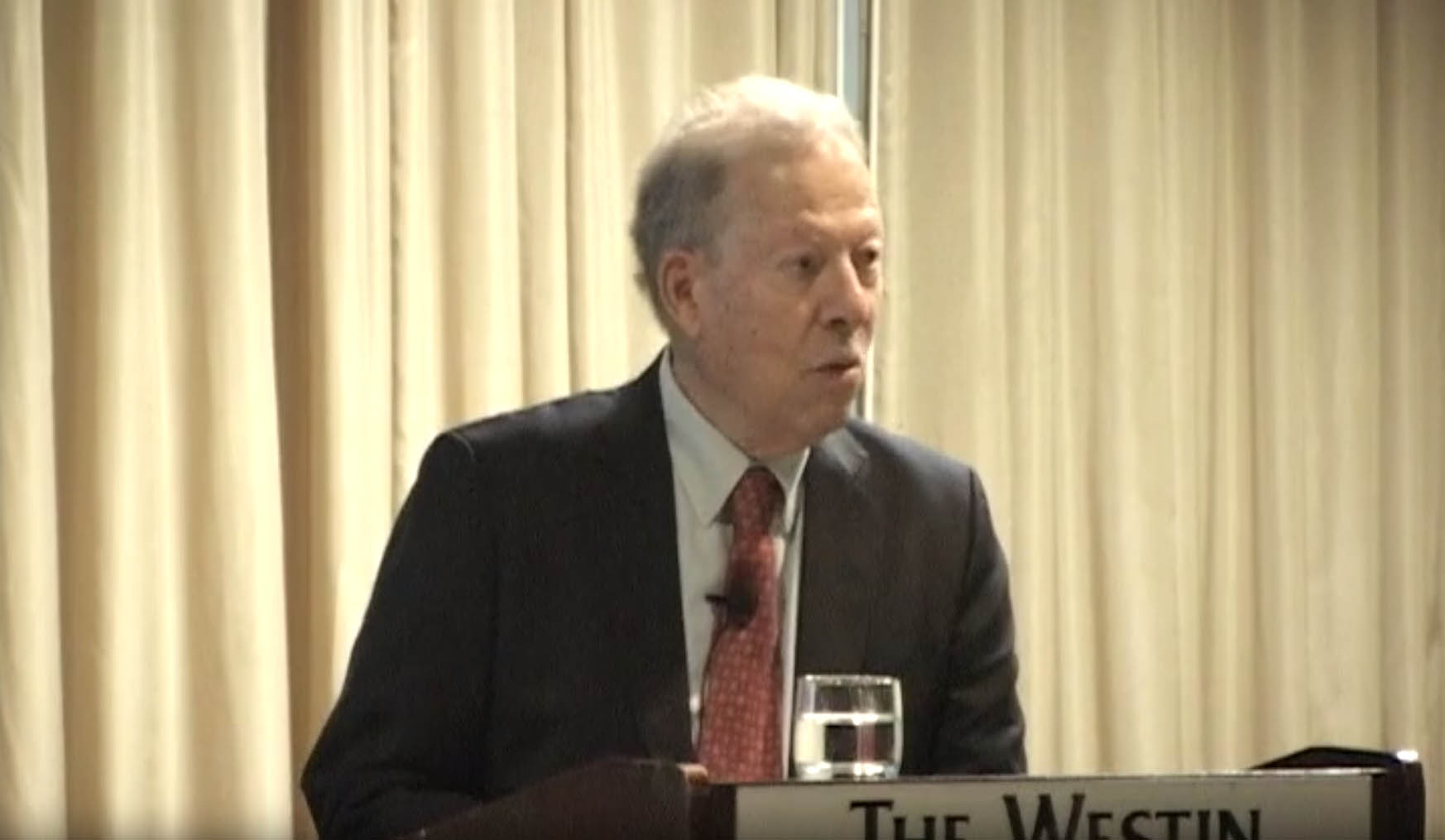In B.C.E Sennacherib, the king of Assyria, invaded Judah and brought to an end the revolt against Assyria led by Hezekiah, the king of Judah. Sennacherib turned first to Lachish, conquered and destroyed it, and from there he sent an expeditionary force to Jerusalem. Jerusalem was not attacked, and Hezekiah surrendered and became an […]
Ancient Near East

Sennacherib’s Campaign on Lachish: What We Have Learned from Archaeology
Feb 2024
By
David Ussishkin

1177 B.C.: The Year Civilization Collapsed
May 2015
By
Eric H. Cline
A “perfect storm of calamities”—earthquakes, droughts and rebellions—caused the demise of the Late Bronze Age (ca. 1500–1200 B.C.). The great empires and mighty kingdoms of the ancient world—the Egyptians, Mycenaeans, Minoans, Hittites, Assyrians, Babylonians, Cypriots and Canaanites—all suddenly collapsed. Learn how the lessons of this amazing historical era relate to the ongoing turbulence and uncertainty […]
